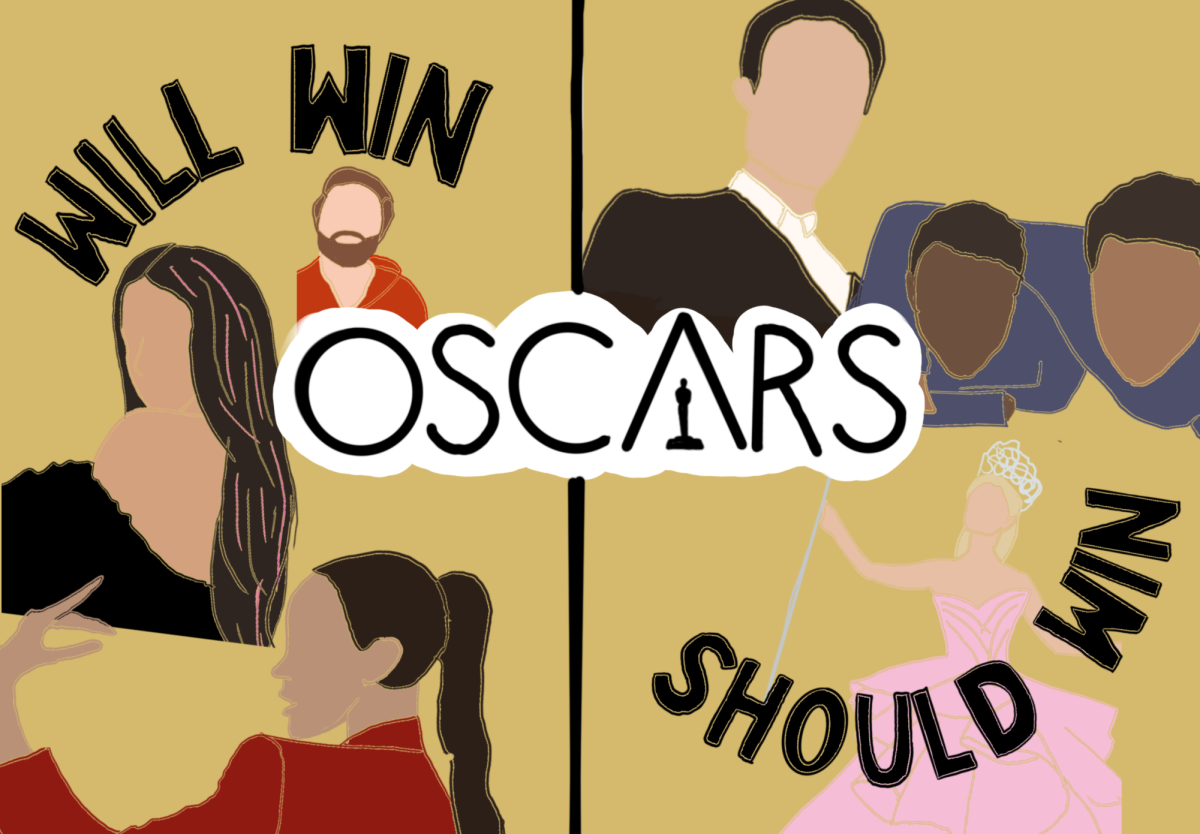By Melissa Danzo and Angel Feliciano, News Staff

Students all over Boston were dealt a swift blow last week when it was announced that the current issue of the beloved alternative newspaper, the Boston Phoenix, would be the last.
Each day brings a new crop of eulogies from admirers to staff writers now out of jobs, to those who passed through the Phoenix on their ways to bigger and more mainstream papers. Among the eulogists is Northeastern assistant professor of journalism Dan Kennedy, who, since a stint as a staff between 1994 and 2005, has written for the Guardian and the Huffington Post, and now runs a nationally syndicated news blog, Media Nation.
In an article published Tuesday on MediaShift, Kennedy described his time at the Phoenix as the final great push from the newspaper.
“Politics and music remained staples, but so did a more encompassing vision of Boston aimed at readers for whom Woodstock and Vietnam were barely a rumor,” said Kennedy describing the newspaper in the 90s.
This year marked the 47th year of the Phoenix’s publication and it had been struggling for years with the difficulties associated with running printed news in the age of the Internet. Attracting advertisers has been a challenge since the digital revolution, a challenge that publishers hoped would be remedied by the radical change made six months ago from tabloid to magazine-style format.
Since its introduction, the paper had been a beacon for alternative news and the Boston entertainment scene.
“The muse of the Phoenix, as I came to know her, hovered in the space between the groovy young buggers who were coming up and the old-school eminences who wouldn’t quit,” wrote Charles Pierce in a Grantland article, remembering his time as a staff reporter.
The “groovy young buggers” described by Pierce continued to hail the paper as authorities on the local music scene. Matt Rhodes, fourth year music industry major and frontman for the psych rock band, Sand Reckoner, is one of many Boston-based musicians to get a break at the hands of a Phoenix review.
“They were highly respected from everyone I know involved in music in Boston,” Rhodes said. “I remember being extremely excited to be reviewed a few times by the Phoenix. It was an awesome day seeing your name pressed in such a great publication.”
It’s difficult to say who is being hit harder by the removal of the characteristic red news boxes – the subjects of Phoenix stories or writers themselves.
Lauren DiTullio, senior journalism major, was on co-op at the Phoenix when she was notified last Thursday that the offices were closing down.
“I’m devastated as a reader,” said DiTullio, who went on to state that while she is heartbroken to lose her co-op, she can only imagine how difficult this must be for the salaried employees.
Furthermore, DiTullio expressed concern regarding a future for the content covered almost exclusively by the Phoenix.
“When one outlet goes under, someone else will fill that void and see the opportunity for growth,” she said. “But the general public reaction has been that there’s nothing else like it.”
Kennedy echoed DiTullio’s words, and stated that this is a loss for the Boston community.
“I think there is a tremendous need for a really alternative independent voice like the Phoenix, but right now, it just seems like there isn’t any way to do something like that and make enough money to make it work,” he said.
The failure of a paper such as this and countless others in recent years has caused students hoping to pursue this sort of journalism professionally to question their career options.
Kennedy said that the future of journalism is online. In a generation where people read their news on the Internet through their mobile devices, people are getting to know websites like BostInno, where their news seems to tap into the Boston city life as well.
“I’d be lying if I said it wasn’t discouraging,” said DiTullio on the future of print media. “It’s not news that the industry is changing. To paraphrase Dan Kennedy, it’s kind of an exciting time to be one of the people who are going to find out what we’re going to do instead.”
Though it is important to look to the future, the Phoenix’s presence will be greatly missed in the Boston community.
“I think it’s a real loss for the people of Boston,” said Kennedy. “I think that it was an independent, intelligent voice at a time when we need as many independent and intelligent voices as we can get.”









